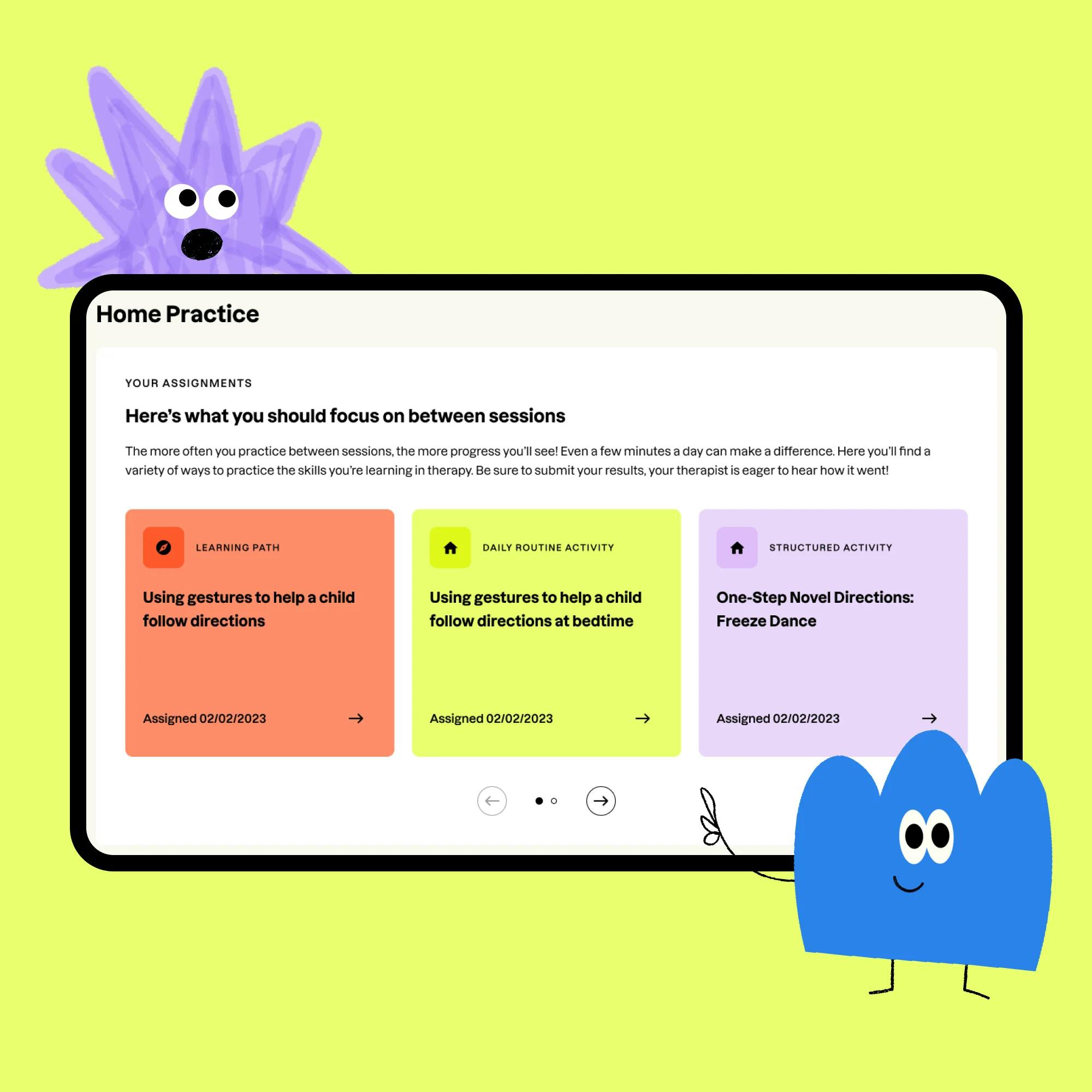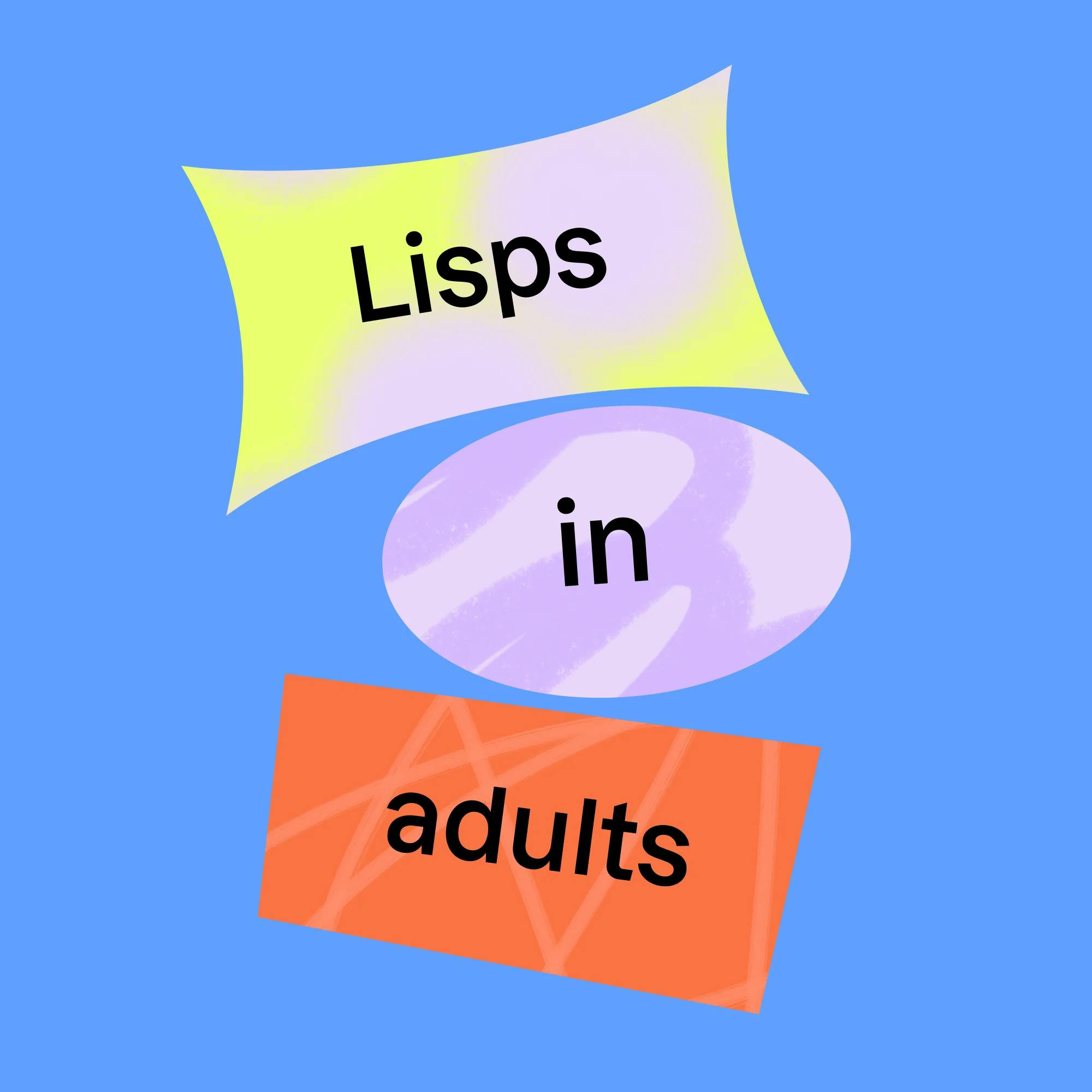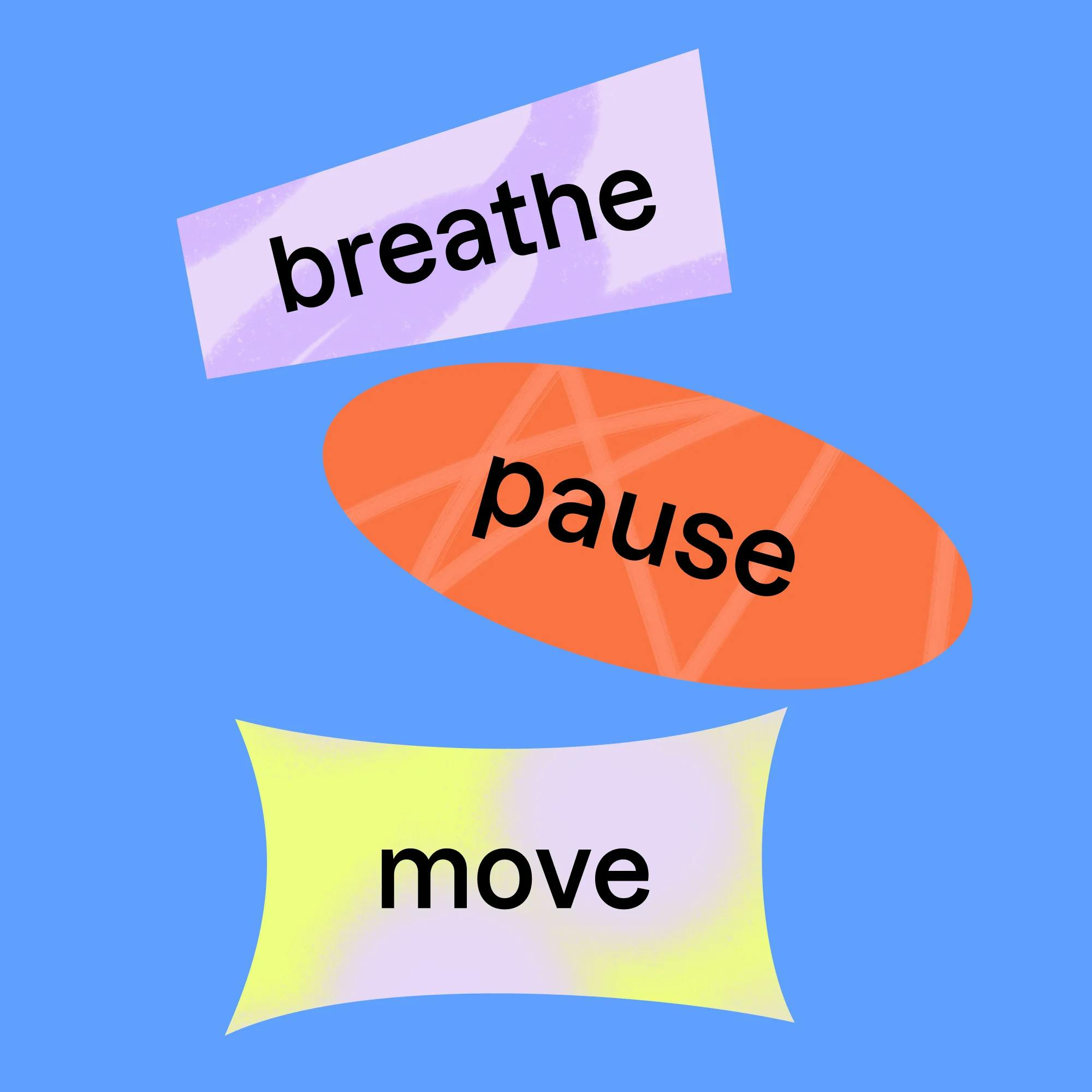As an adult in speech therapy, you likely already know how important it is to practice what you’re learning between therapy sessions. After all, that’s how you make progress. But does it matter how you practice? Short answer: Yes.
Read on to learn how to make the most of the time you’re devoting to your speech, language, and communication, as well as some tips to keep yourself motivated.
The quality of your practice matters
Did you know that there are different kinds of practice? Simply saying your words or using your strategies while reading some sentences isn’t enough. This type of practice is referred to as naive practice. Although there is value to naive practice, research shows that the quality of your practice makes a world of difference.
Research has shown that to achieve a specific skill, you need to (1) understand your goal and (2) actively engage in repeated practice. This is called deliberate practice. Deliberate practice also helps you integrate the skill you’re learning into your everyday life. This is crucial when it comes to speech, language, and communication.
Build a GPS to guide you toward your goals
Your speech therapist will help you in doing deliberate practice. First, your therapist will suggest smaller steps you can take toward achieving your long-term goal, giving you weekly targets to focus on. During speech therapy sessions, you’ll learn what gets you closer or further away from your goal, and then you’ll be better able to self-correct between sessions. More self-corrections leads to faster progress. We call this step “building your GPS.”
You’ll learn what gets you closer or further away from your goal, and then you’ll be better able to self-correct.
You can build a GPS no matter what you’re working on in speech therapy. Let’s say you’re focusing on articulation for a specific speech sound. We don’t expect that you’ll be able to pronounce your target sound within conversation after one or two sessions. You may only be able to say it in a syllable. As you practice, focus on concentrating and saying the syllables with good self-monitoring. You should be both listening to and feeling how you speak. This will improve the quality of your practice. If the syllable doesn’t sound completely correct, what might be contributing to that problem?
All of this is deliberate practice. You are building your GPS to reach the correct production of your target sound.


What to do when you make a mistake
Building your GPS–the internal awareness of how you’re performing and how to reach your goals–will take some time and practice. Should you be concerned if you make a mistake? No!
When you make a mistake, analyze it; don’t ignore it. Try to figure out what went wrong. Imagine what it would feel like if you said the sound correctly. Then, repeat your practice, but this time think about the feedback your speech therapist has given you. If you end up making a mistake again, repeat the process.
The more you listen to and correct yourself, the faster your brain will encode the right way to speak.
Whether you’re working on speech sounds, voice, fluency, or comprehension, being aware of where you get lost is valuable information for you and your therapist. If you’re not sure if your GPS is set at the end of each session, ask your therapist, since this will guide the direction for your home practice. The more you listen to and correct yourself, the faster your brain will encode the right way to speak.


Make speech practice relevant to you
Your speech therapist will give you assignments to practice between sessions. However, the specific content that you practice should be important to you.
We’ve talked about what makes quality practice, but it also helps to give your therapist a list of words and phrases that are relevant to you. Depending on your goals, your therapist may start with some simple concepts such as humming, breathing, or individual sounds. Yet, at some point, you’ll be building on those skills and talking. If you’re practicing words that you’re likely to say in your job, studies, or everyday life, you can get firsthand feedback that will be immediately useful on a daily basis.
Consider this scenario. Your speech therapist gives you a list of words that include the speech sound or words that you’re practicing. But if these are words you’re not likely to use all that often, the value of the practice is reduced. For example, if you’re working on improving the /r/ sound and your therapist gives you the word “rake,” but you work in technology, you might benefit from practicing the word “remote.” Feel free to suggest this word to your speech therapist. Once you get a good production of this word during your session, you can practice it in everyday life throughout the week.

Tips for staying motivated in speech practice
We’ve discussed how to make the most of the time you’re spending practicing. But how can you motivate yourself to keep going? Here are a few tips:
Break up a big goal into smaller ones. When you’re learning to climb stairs, you can’t start by leaping the steps two at a time. Similarly, you’re more likely to reach a big long-term goal by taking it one smaller chunk at a time. Your speech therapist will help you set these small goals, and you’ll enjoy a sense of satisfaction and pride as you achieve each one.
Do your practice in small doses. Good news, you don’t need to find time to practice for an hour! In fact, it’s better if you practice more often for shorter amounts of time. Think of a “weekend warrior” athlete--someone who's sedentary during the week, then pushes themselves too hard over the weekend. That’s not what we want. It’s better to look at your schedule and find a window of 5 to 15 minutes a day to practice your communication.
It’s better if you practice more often for shorter amounts of time.
Give yourself a reward. We all appreciate an incentive for our hard work! Think of what kind of reward would be motivating for you. Maybe you put money in a jar and remove it every time you practice, or reward yourself after a week of daily practice with a treat.
Every person deserves the ability to be a clear and confident communicator. And you’ve recognized that you’re worth this investment in speech therapy. Making the most of your practice time will help you make faster progress. Your speech therapist will be there to guide you and cheer you on as you reach new goals.
How Expressable Can Help
Concerned your child isn't reaching age-expected milestones? Looking for communication support from a professional? Expressable is a national online speech therapy practice serving children and adults. We treat all major areas of communication and feeding, offer flexible hours including evenings and weekends, and accept most major health insurance plans. We’re proud to have earned more than 3,000 5-star reviews from our clients (4.9/5 average).
Our therapy model is centered on parent and caregiver involvement. Research proves that empowering caregivers to participate in their loved one’s therapy leads to better outcomes. That’s why we combine live, 1-on-1 speech therapy with personalized education and home practice activities for faster progress.
Communication is more than words. It’s how we share how we feel and show who we are. We’re here to help you or your child do just that.

 Laura Thorburn, M.S., CCC-SLP
Laura Thorburn, M.S., CCC-SLP











